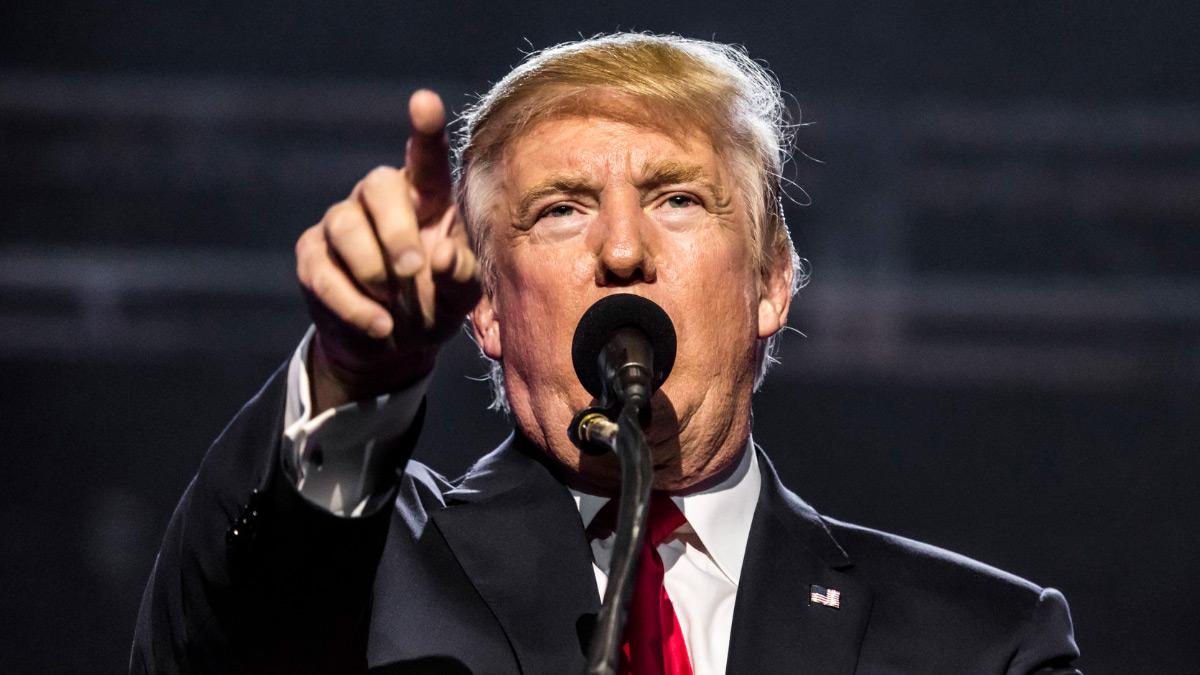One ironic thing about our recent State of the Union drama was its clear illustration of America’s disunion, from the fight over whether, how, where and when to have it, to notable eye-rolling and sitting on hands during it, to follow up commentary that shared precious little common ground. And it happened while both sides of the political aisle claimed to be uniters opposed to their “divisive” rivals.
To understand this, it helps to remember that unity, in the sense of agreement on the specific ends we want, is not only absent, but unattainable. Agreement is very limited, even on very broad issues. And once we move beyond vague, aspirational language and feel-good generalities, Americans disagree on almost everything.
We all want food, clothing, and shelter. But we want different types and amounts, at different times and places, and for different people. We also vary dramatically in the tradeoffs we are willing to make among our desires. Once we consider the specific choices involved, scarcity requires that our ends conflict, rather than conform.
That makes the central issue not implementing the specific ends we agree on, but how best to mutually achieve our different and conflicting ends. Sadly, politics fails in that task. When people pursue their ends through politics, their “success” consists in taking others’ resources. Since the threat of expropriation can only decrease incentives to productive cooperation, it creates a negative-sum game. Losers are harmed, as are many supposed winners.
“Unifying” political initiatives are just ways to control which people will be forced to do what for others, hamstringing truly cooperative arrangements and squandering the wealth they would have created. Consequently, the greater the diversity of preferences, the more divisive is political determination.
There is one thing we can agree on, however, if we were given the chance–equal freedom to peacefully pursue our own goals. As Lord Acton put it, “liberty is the only object which benefits all alike, and provokes no sincere opposition,” because freedom to choose for ourselves is always the primary means to our ultimate ends. That is why the traditional functions of government are to protect us from abuse by our neighbors and foreign powers, while its greatest threat is supposed protectors becoming predators against citizens. That is why Acton recognized that liberty requires “the limitation of the public authority.”
Despite differences in our personal goals, all individuals gain from “the mutual preservation of their lives, liberties and estates,” as John Locke put it, for our “pursuit of happiness,” in Jefferson’s words. This means defending people’s personal freedom, property rights, and rights to trade and contract.
As David Hume noted: “The convention for the distinction of property, and for the stability of possession, is of all circumstances the most necessary to the establishment of human society ...after the agreement for the fixing and observing of this rule, there remains little or nothing to be done towards settling a perfect harmony and concord.”
Once property rights are established and uniformly defended, all subsequent arrangements are voluntary. No one can impose their will by violating others’ rights. The traditional definition of justice—“to give each his own”—is met.
Because we disagree on our specific ends, when government overrides people’s choices instead of protecting their ability to make their own choices, it imposes domination rather than allowing cooperation and mutual consent. That is why the rhetoric of political unity generally means the imposition of injustice on some to feather others’ nests.
Grand claims that “we are united” are actually shorthand for “we disagree about many things, but those of us in this group are unified against others’ preferences, and we mean to get our way, regardless of their well-being and desires.”
That kind of unity is actually tyranny. The way to strengthen our union actually runs along a different path than through power brokers in D.C. It is to understand e pluribus unum as Americans united in a common commitment to honoring one another’s rights and the liberty it makes possible.








